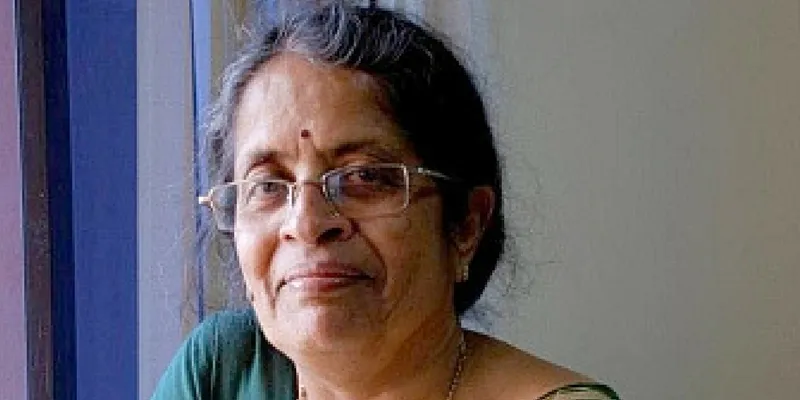7 Indian women scientists who are an inspiration to all
Like most professions in India, the field of science is very much male-dominated. When asked to name an Indian scientist, most of us can only think of APJ Abdul Kalam or Srinivasa Ramanujan. It’s not often that someone names an Indian woman scientist.

This might make it seem like there aren’t many women contributing to the field of science, but that is not the case. Many women, over the years, have made immense contribution to science, and have also paved a path for others to follow. Let us look at seven Indian women scientists who have broken stereotypes and are an inspiration to all.
1. Mangala Narlikar
An Indian mathematician, Mangala has worked in the field of both Simple Arithmetic and Advanced Mathematics at the University of Pune and the University of Mumbai. One of the few women mathematics researchers in the country, she completed her PhD, 16 years after marriage.
Having worked at the Tata Institute of Fundamental Research (TIFR), Mangala published several books on mathematical topics in both English and Marathi. She has been honoured with the Vishwanath Parvati Gokhale Award 2002 for one of her books in Marathi. Also a teacher, she is popularly known for the way she makes mathematics an interesting subject for her students.
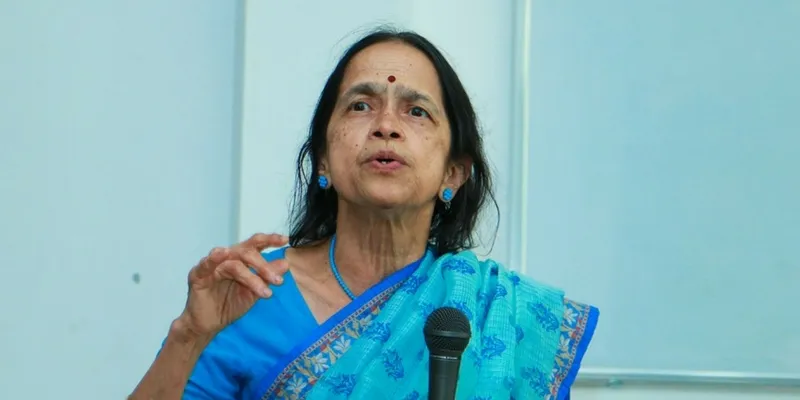
2. Aditi Pant
Aditi is an oceanographer, and the first Indian woman to travel to Antarctica, as a part of the 1983 Indian expedition, to study geology and oceanography. Inspired by Alister Hardy’s book The Open Sea, she pursued her MS in Marine Sciences, with a US government scholarship, at the University of Hawaii.
Aditi completed her PhD at London’s Westfield College, and returned to India to join the National Institute of Oceanography in Goa. She has conducted coastal studies and has travelled the entire Indian west coast.
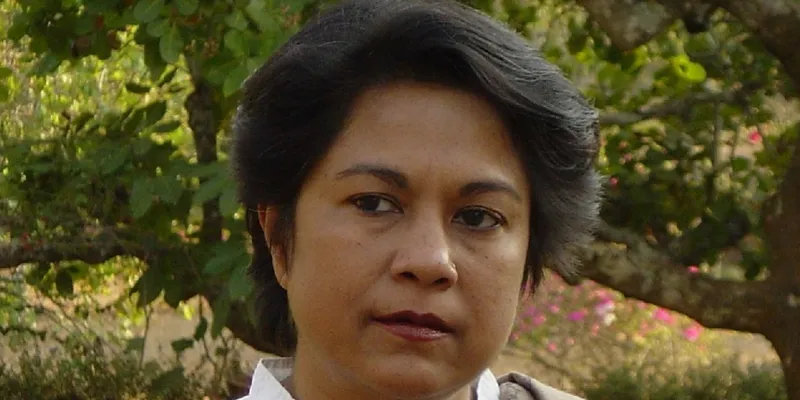
3. Indira Hinduja
An Indian gynaecologist and infertility specialist based out of Mumbai, Indira is the first to deliver a test tube baby in India. She is a pioneer of the gamete intra-fallopian transfer technique (GIFT), and has also delivered India’s first GIFT baby. Besides, she is known for the oocyte donation technique she has developed for premature ovarian failure, and menopausal patients.
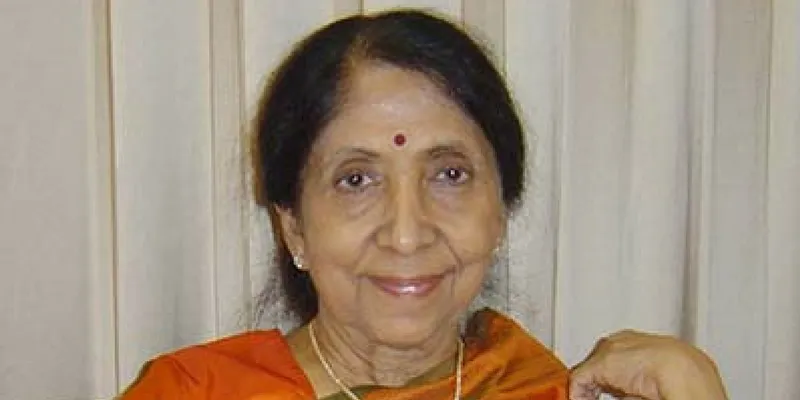
4. Paramjit Khurana
Paramjit is a scientist in the field of Plant Biotechnology, Genomics, and Molecular Biology. She has published over 125 scientific papers, and is a professor at the Plant Molecular Biology Department of the University of Delhi. Paramjit has received several awards, including the ‘Certificate of Honour’ from the Gantavaya Sansthan on the occasion of International Women’s Day in 2011.
5. Sunetra Gupta
A novelist and a professor of Theoretical Epidemiology at Oxford University, Sunetra has a passion for studying infectious agents that cause diseases such as influenza and malaria, among others. She has been honoured by the Zoological Society of London with the Scientific Medal, and has also received the Royal Society Rosalind Franklin Award for her contribution to science.
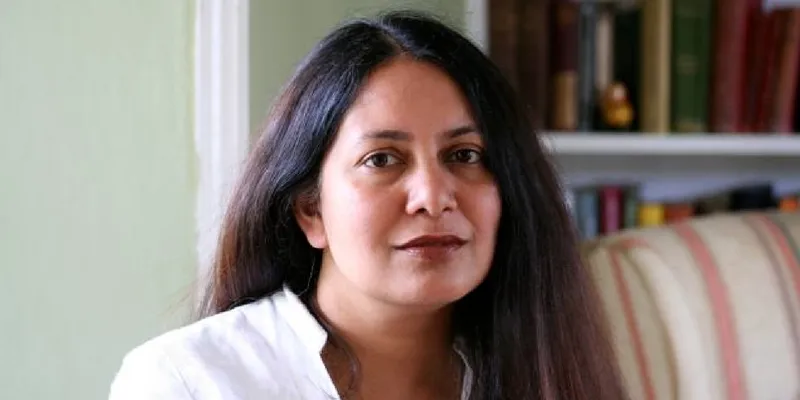
6. Nandini Harinath
A rocket scientist at the Indian Space Research Organisation (ISRO) Satellite Centre in Bengaluru, Nandini has worked on 14 missions in her 20 years of work. She was the deputy operations director for the Mangalyaan mission, and says that her first exposure to science was the popular cult television series Star Trek.
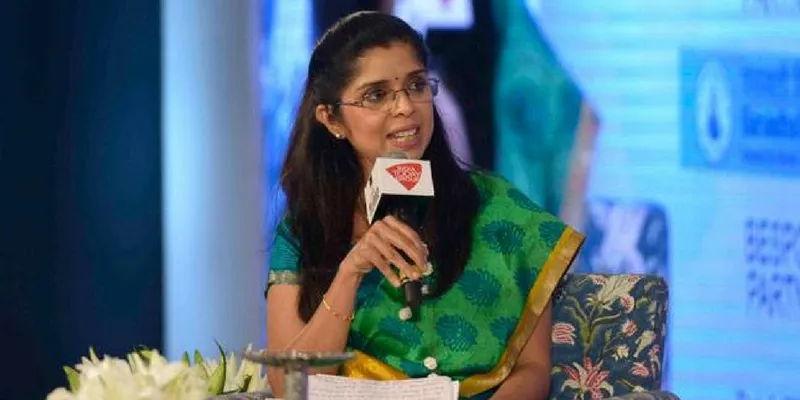
7. Rohini Godbole
Rohini is an Indian physicist and a professor at the Centre for High Energy Physics of the Indian Institute of Science in Bengaluru. She has worked for over three decades on Particle Phenomenology, and is particularly interested in exploring the Standard Model of Particle Physics (SM). Rohini is an elected fellow at all the three Indian Science academies and the Science Academy of the Developing World.
